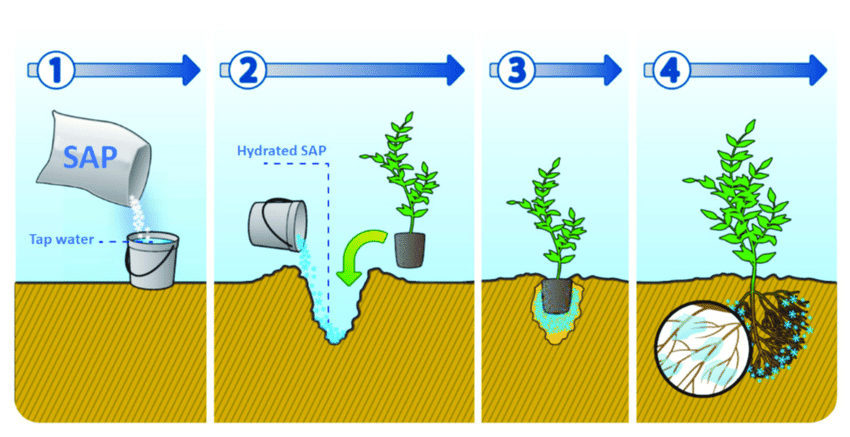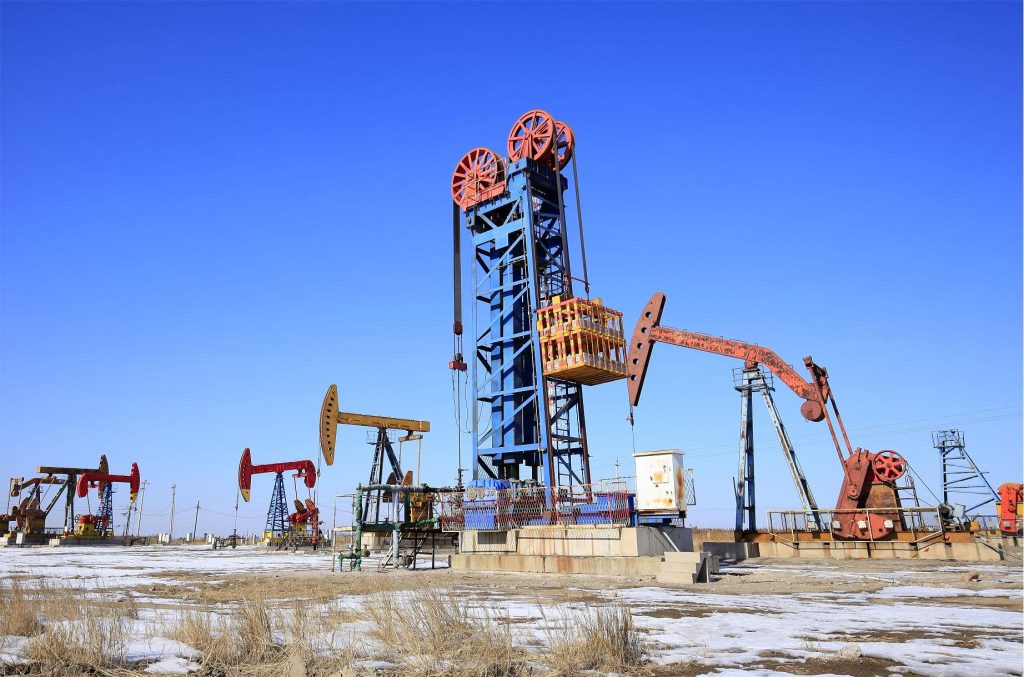SAP, also known as super absorbent polymer, is a functional polymer material renowned for its remarkable water absorption capability, which can reach several hundred times its weight. Its versatility extends across various industries, making it a vital component in numerous products and applications.

Choosing the Right SAP Manufacturing Approach
Selecting the appropriate Superabsorbent Polymer (SAP) type depends on its intended use:
- Potassium Polyacrylate (For Planting):
- Soil Absorption Capacity
- Granule Size
- Photolysis Resistance
- Shelf Life
- Sodium Polyacrylate:
- Absorption Rate (Hygiene Products)
- Retention Capacity Under Pressure (Hygiene Products)
- Liquid Permeability (Hygiene Products)
- Residual Monomer (Hygiene Products)
- Waterproof Tape for Cables:
- Expansion Height
- Granule Size
- Ice Bags:
- Hydration Time
- Price
- Granule Size
- Anti-flood Bags:
- Absorbent Rate
- Photolysis Resistance
- Leaking Stoppage in Drilling:
- Viscosity
- Coagulation Time
Understanding Superabsorbent Polymer (SAP) Quality Grades
Superabsorbent Polymer (SAP) primarily consists of sodium or potassium polyacrylate and is categorized as:
- Improved SAP:
- Starch-Based SAP (Biodegradable)
- Mineral-Based SAP (Long-lasting in Soil)
- SAP with Enhanced Catalysts
- Cationic SAP
- Common SAP:
- Potassium Polyacrylate (Agricultural Water-Retaining Agent)
- Sodium Polyacrylate (Industrial Applications like Diapers, Sanitary Products, etc.)
- Defective SAP:
- Recycled SAP
- Burnt SAP
Superabsorbent Polymer (SAP) Applications and Uses
For Agriculture:

- Potassium polyacrylate aids in water retention, seed coating, soil-less cultivation, and artificial turf, improving seed germination, crop yield, and fertilizer efficiency.
- Recommended dosages and application methods vary for different agricultural practices, ensuring optimal results.
For Arboriculture and Planting:
- Mixing SAP into soil during planting or bare-root dipping enhances water availability and plant resilience.
For Industrial and Miscellaneous Applications:

- SAP is utilized in various sectors such as waterproofing cables, ice bags, inflatable anti-flood sandbags, concrete protection, sewage treatment, and drilling mud additives.
- Its unique properties like high absorption rates, resistance to degradation, and water retention make it ideal for a wide range of industrial uses.
Effective Usage Tips:
- Specific guidelines for SAP usage in farming, arboriculture, bare-root dipping, flower transport, hydroseeding, and other applications ensure maximum effectiveness and performance.
- Proper hydration, mixing ratios, and application techniques are crucial for achieving desired results and product longevity.
Superabsorbent Polymer (SAP) Environmental Impact:
- SAP’s ability to absorb and lock water, reduce waste, and enhance agricultural practices contributes to environmental sustainability and resource conservation.
Superabsorbent polymer (SAP) is a versatile and indispensable material with diverse applications across industries. Understanding its types, quality grades, and optimal usage practices is essential for harnessing its full potential and maximizing benefits across various sectors.

